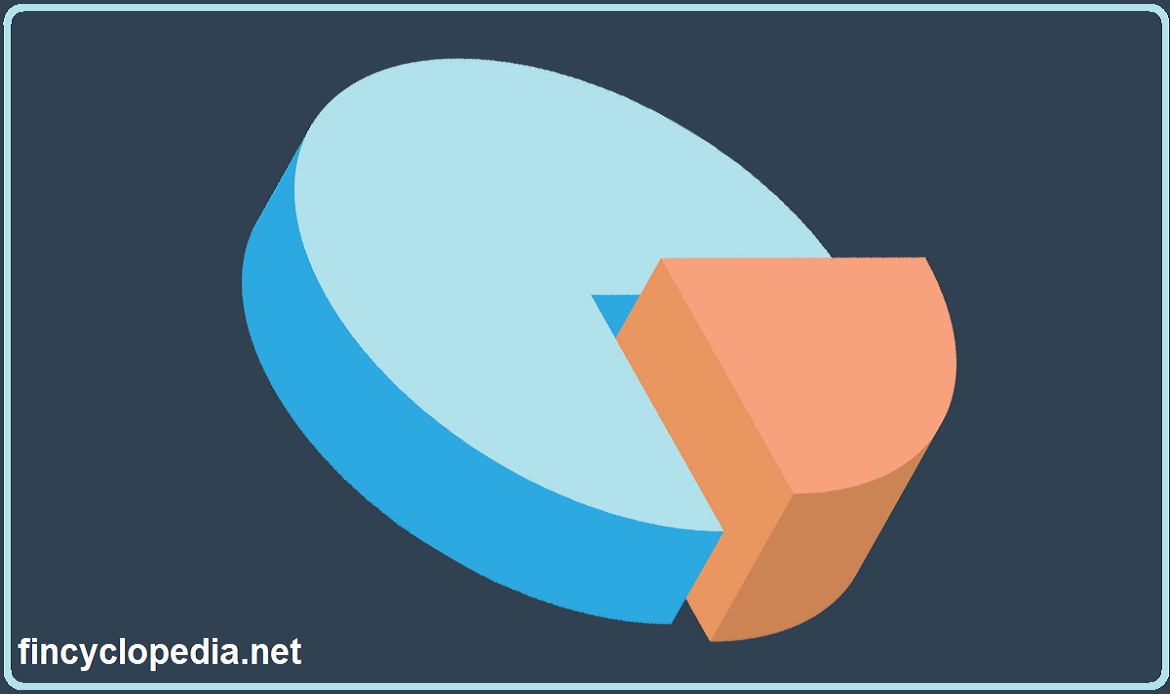The original value (basis) of an asset for tax purposes. The cost basis is usually determined as the purchase price of the asset (entry price). Comparing this value (an asset’s cost basis) and its current market value is essential for calculation of any appreciation in value (i.e., capital gain):
Capital gain= current market value – cost basis
Capital gains arise when current market value exceeds cost basis. Otherwise, capital losses may arise in the opposite scenario.
The purchase price is usually adjusted for depreciation. Other factors that affect equity on the other side of a balance sheet, in relation to corresponding assets on the asset side, will also affect purchase price. Examples are dividend payout, stock splits, and return of capital distributions.
The cost basis may also refer to the difference between the cash price and the futures price of a given commodity (in a derivatives market).







